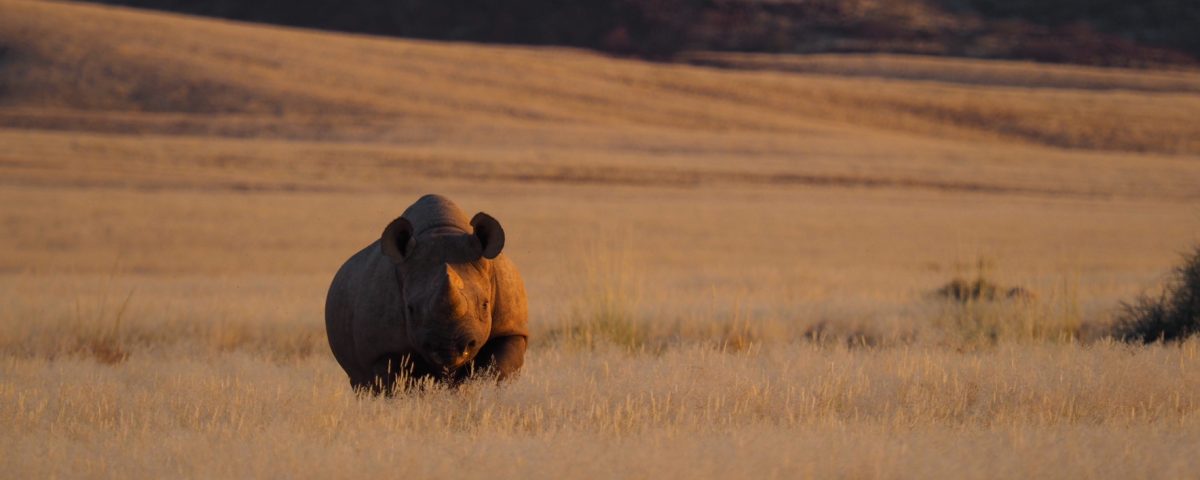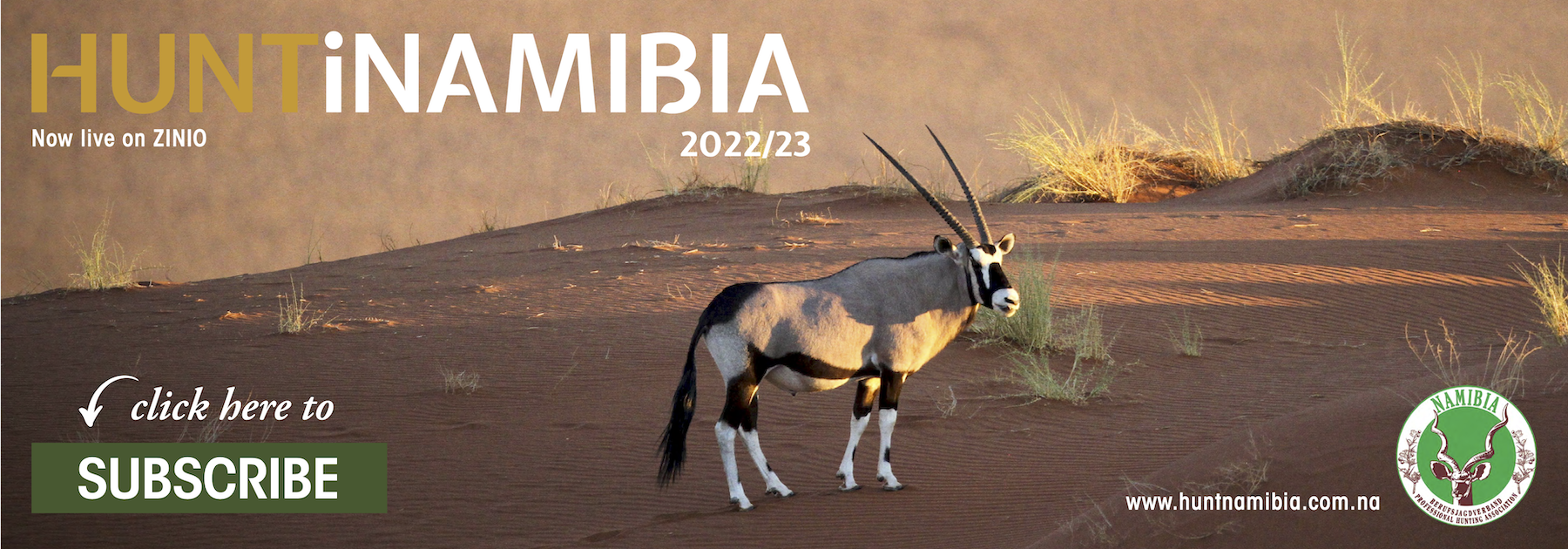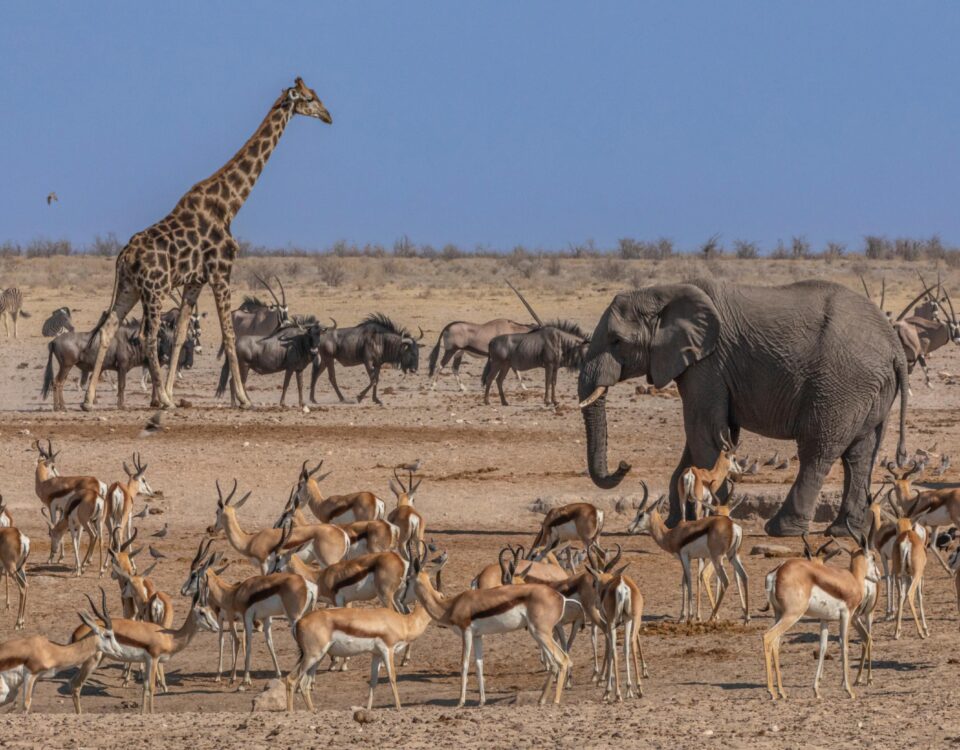
OUR PARTNERS
May 18, 2022
An African’s conversation about the conversion of African conservation
August 23, 2022The past two years have been challenging for our country in general and for the hunting industry in particular. Namibia has experienced severe drought over the past few years, leading to incredible losses among our precious game and a reduction in their numbers. These losses affected quota allocation for sustainable hunting.
COVID struck in March 2020, leading to travel restrictions which added to the predicament. Not only did we lose much on personal levels, but our tourism sector suffered incredibly, with recent statistics indicating a decline of 89.4% in 2020 tourism arrivals compared to 2019. However, these challenges present us with an opportunity to look back with a fair measure of pride in our achievements over the course of the year. We should thus endeavour to keep track of these challenges, to provide fitting solutions that will ensure a resilient and sustainable industry.
In 2021, the Ministry of Environment, Forestry and Tourism launched the Elephant Conservation and Management Plan, which was developed through extensive consultations with stakeholders, including the Namibia Professional Hunting Association. We believe this is a forward-looking and comprehensive plan which will serve well to ensure the future of one of Namibia’s greatest natural resources for generations to come.
Notwithstanding our successes during the last year, we remain cognisant of the threats and challenges we face here in Namibia. Our constitutional right to sustainably utilise our natural resources is being challenged and under threat from those outside our borders who seem to believe they know better than us how to protect our own natural resources.
These international decision makers are continuously pushing Africa into a corner, bolstered by personal preference opinions and irresponsible media reports which advise the public that hunting has no place in this modern day and age. At the same time, they display complete ignorance about the science of wildlife management, the vital importance of healthy habitats, and the role that wildlife management plays, or should play, in the maintenance of biological diversities. They make decisions, clearly, having absolutely no experience or understanding of science-based wildlife management – let alone of sharing our beautiful earth with beasts, birds and wildlife.
It is unfortunate that instead of following Africa’s example, they are undermining our efforts, successes and in effect take away the tools with which we in Africa are able to promote and sustain good conservation.
I urge all of us, however, to remain optimistic as we move forward. The Ministry of Environment, Forestry and Tourism will continue to work with the Namibia Professional Hunting Association and other stakeholders, as we have done in the past, to secure the future of conservation in Namibia through sustainable, ethical and science-based utilisation of our wildlife. We are glad to have good and close cooperation with NAPHA. We will continue to engage and discuss matters of mutual interest. It is our belief that the resolve and passion shown by members of NAPHA to conserve our natural heritage is a clear indication that hunters in Namibia play, and shall continue to play, a pivotal role in the continued success of the Namibian conservation model.




